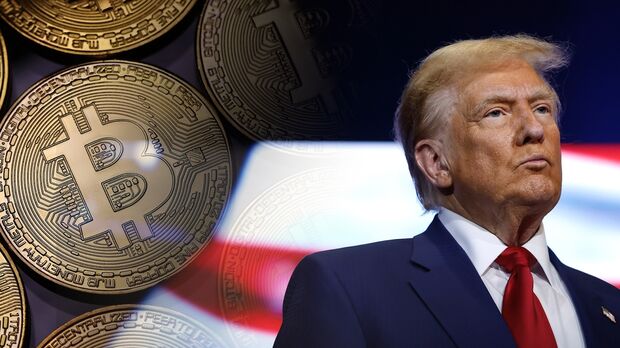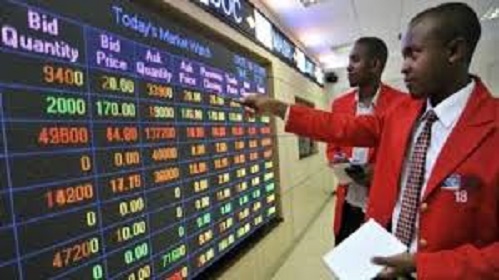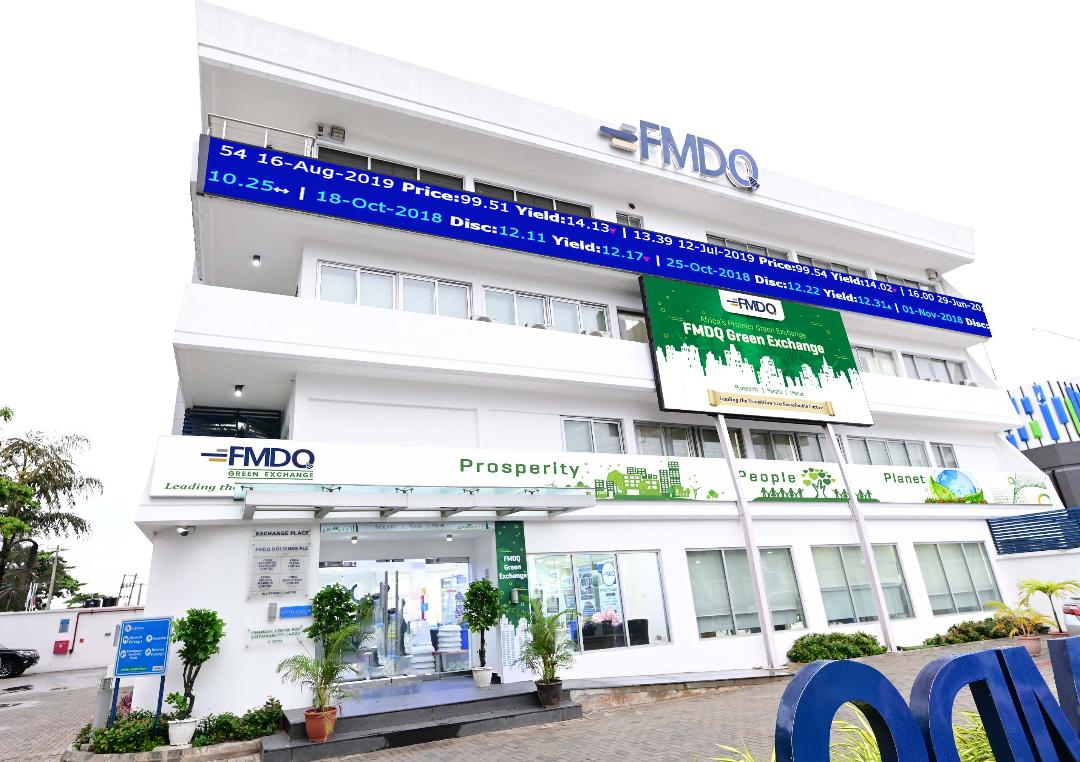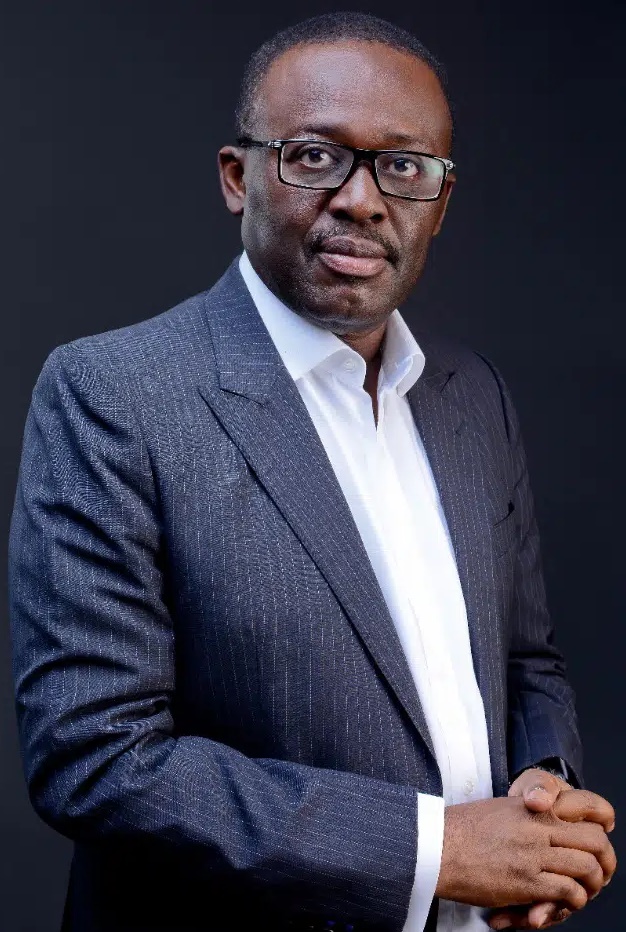
Amid the lingering argument as to why Nigeria should continue borrowing at a time its revenue collection profile has greatly improved in recent times with collection agencies meeting and surpassing their targets even before year-end, VICTOR OGIEMWONYI, a retired Investment Banker, writing from Ikoyi, Lagos, in this piece offers alternative arguments as to why borrowing is in the country’s interest.
Borrowing to speed up development and grow the economy, will greatly benefit Nigeria at this time.
A country’s economy can be analyzed from an Accounting Balance Sheet perspective, and every Balance Sheet, always has two sides. On one side are Assets of an Institution and on the other, are its liabilities. The relationship between the two, is what is managed.
The economy is no different. By expanding the capacity for asset creation, via debt instruments can translate the same way, if only to accelerate the development we need so badly.
Already, the fourth Industrial Revolution is upon us, yet Nigeria is still grappling with challenges of the second.
Our current revenues compared to what we need to get our population out of the grip of poverty and accelerate our slow growing economy requires that we borrow at a time Government Revenues are too small for our needs. We will need to borrow, to do what we have to do. What people are, however, worried about is borrowing to fund corruption, padded Annual Budgets and inflated/split contracts, and ending up with the country having nothing to show for it.
If managed right, we can choose to “grow big fast” by developing the needed infrastructure that will help us develop our economy while leveraging our comparative advantages.
For example, we need to rapidly develop our Energy and Transportation infrastructure like good road networks, Rail and Aviation to help us properly connect and integrate the Country, thereby facilitating the movement of goods, people and services.
This aspect of our development alone, can double the current size of our economy and help create its own growth levers needed to repay whatever debt is incurred in the process.
There are also other development areas in need of urgent intervention to advance our economy.
We are a nation in a hurry, some of what needs to be done today, cannot wait. If borrowing is what is needed to ensure we fast-track rapid development, we must do it now, because it is not going to be cheaper anytime soon and we may never have the much needed budget allocations sufficient to get them done at the time the nation is ready.
That is why we have to borrow now and pay later to stimulate the economy, based on the value proposition of Keynesian Economics.
This is not a case of accumulating debt for our next generation, as is the popular argument on the streets. Rather, this is about building Assets for generations yet unborn, which will enable them live a better life in the future and in greater numbers. We can not wait to double our population before we tackle the problems that will come with it.
If well planned in the years past, most of the debt in the country’s books today would have been self liquidated from the expected double digit growth, that will come from those assets for which they were incurred. Such improved living standards would have taken a larger chunk of our population out of our current poverty. This will be the result of borrowing that is grounded in sound economic logic.
Social services like Education and Healthcare with their own multiplier effects, need urgent attention. We must invest in them heavily as there is no alternative to making them the cornerstone of our development .
We must also ramp up growth in other areas where we enjoy Comparative Advantage, such as Agriculture and Mining. We need to de-risk these areas and make it attractive for the private sector to participate. Create the incentives that would attract the needed private sector partnership where necessary. We may just find that, all we really need are clear and unambiguous rules with an efficient Regulatory Environment in place, where Regulators understand that their role is to enable private sector participants in their various sectors, rather than make themselves an unnecessary bottlenecks, playing the role of police.
Recently, the media was awash with reports of an Indian Minister explaining his country’s progress in the last two decades within which they lifted millions out of poverty and modernizing the economy. It was all about deliberate planning, and we can do same here if we are serious and there is sincerity of purpose at all leadership levels.
Also, Indonesia has just proposed a policy that will require everyone who wants to sell to that economy to also invest in it. “If you want to sell to us, make them here.” That is one policy Nigeria can also implement.
What this means is that countries, are realising where their strength is and want to maximise them.
Both Nigeria and Indonesia have large populations and large consumer markets. We are learning from Trump who says anyone who wants to sell to the “ beautiful US market” must come and manufacture them there. If it is good for the US, this is good for us.
We must do everything possible to rapidly increase manufacturing in our economy. We need to quickly replace those industries that have operated here for many years, and still can not find the raw materials here to manufacture their products. What does it take, for example, to manufacture local soaps that can compete with OMO, Lux, etc? Those industries that are largely rent extracting and are not adding value, should exit.
There is an urgent need to offset our huge import bills with Exports. Our recently correcting Balance of Trade must continue until we earn enough forex to be self sufficient.
The low value of our currency- the Naira is mainly due to low productivity of the Nigerian economy. It is not helped by those who insist on importing things we are producing here already, or we can make here. The Export of commodities like cocoa, now doing well, was always here, we did not create the needed incentive to grow them for export ab initio.
A market aligned Naira value is one such incentive. I have previously stated in other articles, that we should let the Naira rest on the strength of our economy. When in December of 2023, I had said I see the Naira trading at N1500 to the US$. When it first crossed the N1000 to the US Dollar mark, my reasoning was: If the South Korea “WON“ was trading at 1350 to the Dollar, with a bigger economy and smaller population, we should not expect anything different. We should worry more, about Naira’s stability, and what it can buy. It will also help us plan better.
The need to do everything rapidly and develop the economy is paramount, and borrowing to do so will not be so wrong headed. We have capacity for debt, far more, than we know.















